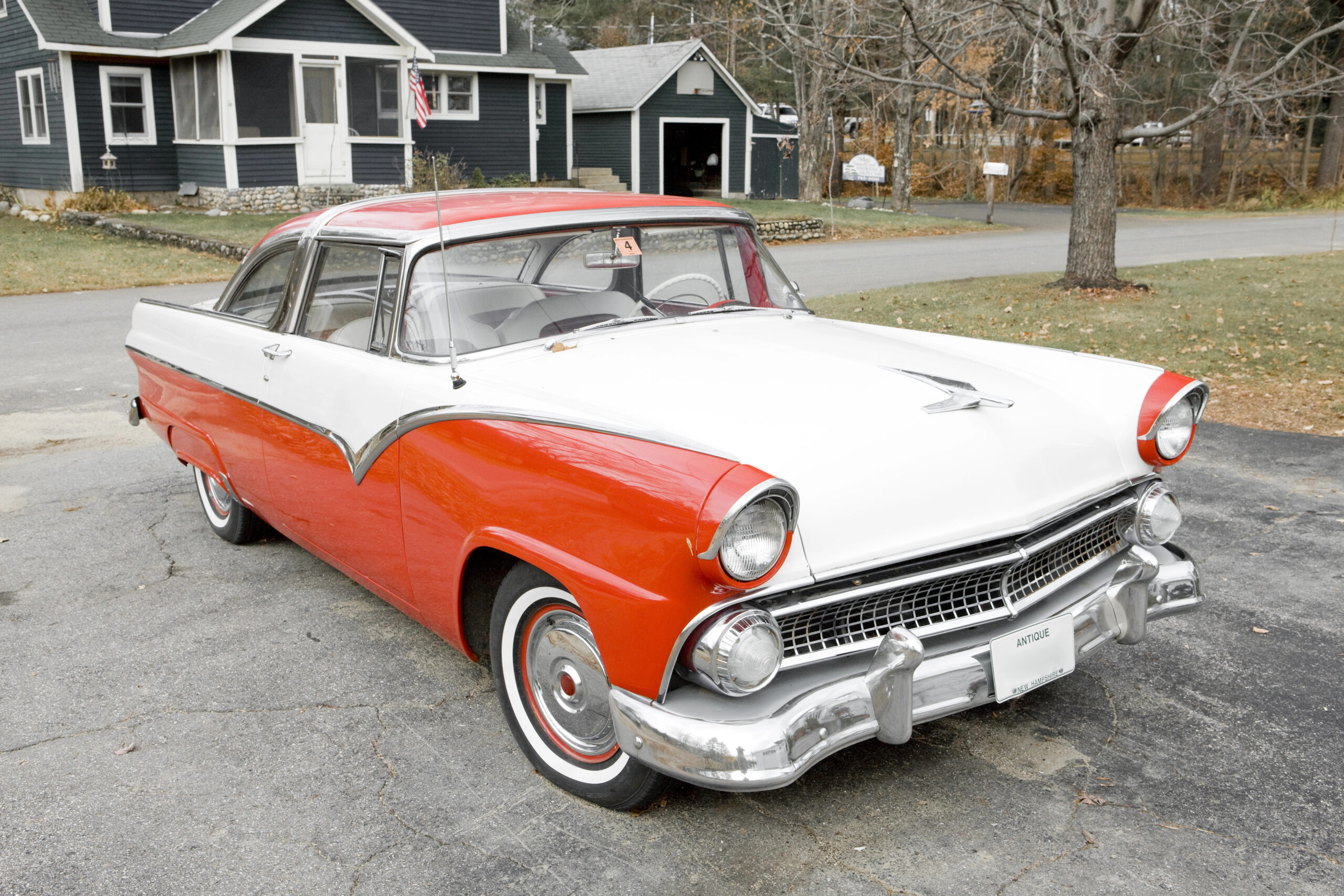Question: What is the best RPM to shift at?
Answer: There really isn’t a one-size-fits-all answer to this question. The ideal RPM to shift gears depends on several factors, including your vehicle type, engine specifications, driving conditions, and personal driving style.
What is RPM anyway?
Revolutions Per Minute (RPM) measures how many times your engine’s crankshaft makes a full rotation every minute. It’s also how often each piston goes up and down in its cylinder. Most cars have a tachometer showing RPM, which helps you figure out the best time to shift gears.
General guidelines
Here are some simple rules for most everyday cars:
- Economical Driving: For better fuel efficiency, try shifting gears between 2,000 and 3,000 RPM. Staying within this range helps balance performance and fuel economy. Shifting early means your engine won’t work too hard, saving you gas money.
- Performance Driving: Need more power? Maybe when you’re merging onto a highway or overtaking another car? Shifting at a higher RPM, around 3,500 to 4,500, gives you that extra boost of acceleration.
- Sport or Racing Conditions: If you’re in a sporty or racing scenario, you’ll want to shift at higher RPMs to keep your engine in its power band. This could be anywhere from 5,000 RPM up to the redline (the maximum safe engine speed). Just make sure you know your car’s redline to avoid any engine damage!
Factors influencing shift points:
- Engine Type: Diesel engines usually have a lower RPM range compared to gasoline engines. So, if you’re driving a diesel, you’ll want to shift at lower RPMs.
- Vehicle Load: Carrying heavy loads or towing? You might need to shift at higher RPMs to make sure your engine has enough power to handle the extra weight.
- Driving Conditions: Different terrains and conditions affect the best RPM for shifting. For instance, driving uphill requires more power, so higher RPMs are better.
Practical tips
- Listen to Your Engine: Your car often gives you audio clues about when to shift. If it sounds like it’s straining or revving too high, it’s probably time to change gears.
- Watch the Tachometer: Keep an eye on that RPM gauge and shift gears as you approach the recommended range for your driving style.
- Check Your Owner’s Manual: Your car’s manual has specific info about the best shift points and RPM ranges tailored to your vehicle’s make and model.
Why it matters
Shifting at the right RPM is more than just a technical detail—it affects your car’s longevity and your driving experience.
Shifting too early can lug the engine, making it strain and potentially causing damage over time. On the other hand, consistently shifting at high RPMs can lead to excessive wear and tear, reducing the engine’s lifespan.
Balancing these aspects can help you maintain your vehicle in optimal condition.
So, while there isn’t a definitive answer to the question of what RPM to shift at, understanding your car and paying attention to your driving conditions will help you find the sweet spot. The key is to remain attentive and responsive to your vehicle’s needs, ensuring a smooth, efficient, and enjoyable driving experience.
Happy driving!

Sarah Gray is an insurance writer with nearly a decade of experience in publishing and writing. Sarah specializes in writing articles that educate car owners and buyers on the full scope of car ownership—from shopping for and buying a new car to scrapping one that’s breathed its last and everything in between. Sarah has authored over 1,500 articles for Jerry on topics ranging from first-time buyer programs to how to get a salvage title for a totaled car. Prior to Jerry, Sarah was a full-time professor of English literature and composition with multiple academic writing publications.

Chris Burkhardt is a writer and editor with over a decade of experience across various storytelling mediums. With Jerry, Chris hopes to help anyone with a question about their vehicle easily find the answers they are looking for. Whether you need to know how much insurance costs for a classic car, how to replace a broken light or tell if you need an oil change, Chris wants to help you find solutions the best he can. Prior to joining Jerry, Chris was a digital content producer and writer for NBC and a freelance editor for NerdWallet. A graduate of the University of Oregon’s School of Journalism and Communication, if Chris is not working on content, he’s sure to be found cheering on his Ducks!








